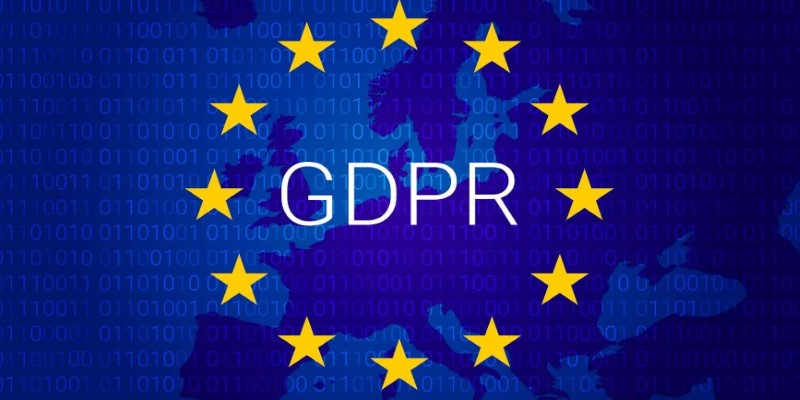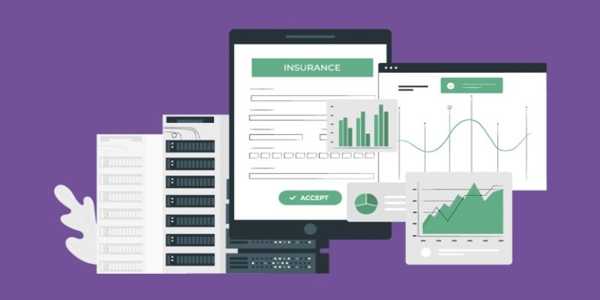In today's rapidly evolving insurance landscape, big data shapes how products are designed and tailored to meet individual needs. With the rise of digital technologies, insurers have access to vast amounts of data, offering unprecedented opportunities to personalize their offerings. This article explores how big data is transforming the insurance industry, making products more customized, cost-effective, and responsive to each customer's unique requirements.
The Power Of Big Data In Insurance
Big data refers to the massive volumes of structured and unstructured data businesses collect daily. This data can come from various sources, including customer behaviour, social media, IoT devices, and environmental data. In the insurance sector, big data is used to understand customer needs, predict risks, and optimize the pricing and distribution of insurance products.

Insurance companies have traditionally relied on demographic factors like age, gender, and occupation to assess risk and set premiums. While these factors are still important, big data allows insurers to go beyond these basics, offering a more nuanced understanding of risk and enabling them to create products more closely aligned with individual circumstances.
Personalizing Risk Assessment
Traditionally, insurers used broad categories to assess risk. For example, a person's age and driving history might determine their car insurance premium, while their health and age influence life insurance rates. However, this one-size-fits-all approach must account for each face's unique risks.
Big data allows insurers to refine risk models using more granular, real-time data. For example, in car insurance, telematics devices can track how an individual drives—speed, braking patterns, and time of day—allowing insurers to assess risk more personally. Instead of basing premiums on general statistics, insurers can now adjust pricing based on an individual's driving habits. Similarly, health insurers increasingly use data from wearables like smartwatches and fitness trackers to monitor lifestyle choices, such as exercise and sleep patterns, to offer tailored health plans that incentivize healthier behaviour.
These personalized risk assessments lead to more accurate pricing, benefiting consumers by reducing premiums for low-risk individuals while offering higher coverage to those with more complex needs.
Improving Customer Engagement
Big data is also enhancing customer engagement within the insurance sector. Insurers use data to better understand their customers' preferences, behaviours, and needs, enabling them to offer more relevant products and services. By analyzing social media activity, browsing history, and customer feedback, insurers can gain insights into the types of coverage people are most interested in and their attitudes toward risk and insurance in general.

For example, if an insurer knows a customer is looking for travel insurance while planning a vacation, they can send a targeted offer for travel coverage. This level of personalization makes interactions feel more relevant and less intrusive, improving the overall customer experience.
Moreover, big data helps insurance companies shift from being reactive to proactive. By analyzing trends in real-time data, insurers can anticipate customer needs and reach out with suggestions before customers even realize they need them. For instance, if data shows a rise in natural disasters in a particular area, an insurer can proactively offer homeowners in that region additional coverage options.
Data-Driven Product Design
One of the most significant benefits of big data in the insurance industry is the ability to personalize products. By continuously analyzing customer data, insurers can design products that better match the individual needs of policyholders. Traditional insurance products were often rigid and offered limited flexibility. Today, with big data, insurers can offer more adaptable products that evolve with changing circumstances.

For instance, some health insurers now offer "pay-as-you-go" policies, where the premium is based on an individual's health status, behaviour, or activity level. If a person maintains a healthy lifestyle, their premiums can decrease. On the other hand, if the person's health begins to deteriorate, the insurer may adjust the premium accordingly. This real-time adaptability makes insurance more flexible and customer-centric.
In the property insurance space, big data also enables insurers to offer products tailored to specific types of homes or properties. By analyzing geographical locations, construction materials, and local crime rates, insurers can create customised policies that provide more accurate coverage.
Pricing Optimization And Fraud Prevention
One of the significant challenges insurers face is accurately pricing their products while maintaining profitability. Traditional methods of risk assessment, based on essential demographic factors, often result in overcharging or undercharging specific customers. Big data helps insurers optimize their pricing models by providing a more detailed view of individual risk factors.

For instance, instead of broad categories like age, insurers can incorporate data from various sources, such as GPS location, weather patterns, and even public records, to assess risk with greater precision. This enables them to offer more competitive premiums while ensuring they remain profitable.
Moreover, big data can help insurance companies detect fraud. Insurers can identify patterns and anomalies that suggest fraudulent activity by analyzing historical claims data. For example, suppose an individual has made an unusually high number of claims in a short period or is filing claims inconsistent with their risk profile. In that case, the insurer can flag these cases for further investigation. This helps insurers prevent losses and ensures that premiums remain fair for all policyholders.
Regulatory Considerations And Ethical Implications
While big data offers numerous benefits for insurers and customers, it raises important ethical and regulatory considerations. Insurers need to ensure that they are using data responsibly, particularly when it comes to sensitive information like health data or financial records.

Insurance regulators are implementing laws in many regions to ensure data is used fairly and transparently. For example, in the European Union, the General Data Protection Regulation (GDPR) provides strict guidelines on collecting, processing, and storing personal data. Insurers must obtain explicit consent from customers before using their data for personalization and provide clear information on how their data will be used.
Additionally, there are concerns about data discrimination. If insurers use big data to assess risk, there is a potential for biased algorithms that unfairly impact specific groups. For instance, people from lower-income areas might be charged higher premiums due to factors like higher crime rates or environmental risks. To address these concerns, regulators and insurers are working together to develop frameworks that ensure fair and equitable use of data in pricing and product design.
The Future Of Big Data In Insurance
As technology continues to evolve, the role of big data in the insurance industry will only grow. The rise of artificial intelligence (AI) and machine learning (ML) is already enabling insurers to make more accurate predictions about risk, automate claims processing, and optimize customer service. In the future, these technologies may help even more sophisticated ways of personalizing insurance products.
For example, AI could predict a customer's life events, such as getting married or having a child, and offer relevant insurance products to anticipate those events. Further, as the Internet of Things (IoT) expands, insurers can access even more real-time data, allowing for even more precise risk assessments and product tailoring.
However, as the role of big data continues to grow, so will the importance of maintaining transparency, fairness, and privacy. Insurers must balance leveraging data to create personalized products and protecting their customers' rights.
Conclusion
Big data is reshaping the insurance industry by enabling insurers to offer personalized products tailored to individual needs. From improving risk assessments to optimizing pricing models and enhancing customer engagement, the potential of big data in insurance is vast. However, as this data-driven approach becomes more prevalent, insurers must be mindful of ethical considerations, regulatory frameworks, and the need for transparency. As technology evolves, big data will likely play an even more significant role in shaping the future of personalized insurance products, benefiting insurers and their customers.















